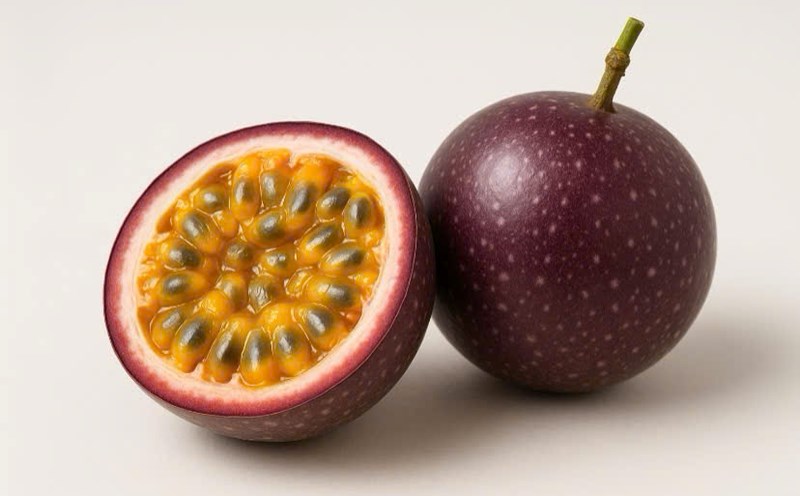According to Dr. Haricharan G - Head of Internal Medicine, Gleneagles Hospital, Hyderabad (India), uric acid is a by product of the purine breakdown process, a substance naturally present in many foods, including some rich in protein.
However, not all proteins are worrying. animal-based proteins such as red meat, organs and some seafood (orsel fish, sardines) are rich in purines, which can increase uric acid.
Meanwhile, plant proteins such as beans, lentils and tofu are low in purines and have little impact.
It is necessary to clearly understand that uric acid is a chemical substance formed during the breakdown of purines in the body. When uric acid levels are too high, the risk of diseases such as gout, kidney stones or arthritis also increases. Therefore, diet control is extremely important.
Absolutely avoiding protein can lead to nutritional deficiencies and muscle loss, says Riya Desai, a nutritionist from Wockhardt Hospital (Mira Road, India). The important thing is to choose the right type of protein and consume it at a reasonable level.
Riya Desai recommends prioritizing low-purine protein sources such as milk, tofu and beans instead of completely avoiding.
In addition to choosing reasonable foods, there are also a number of other factors that contribute to controlling uric acid in the body.
Doctors recommend limiting alcohol, processed foods and sugary drinks, as these are factors that can significantly increase uric acid levels. In particular, beer and alcohol are popular factors, while wine is said to have a less impact but still needs to be consumed in moderation.
The list of foods rich in purines that should be limited includes:
Red meat: Beef, Lamb, pork.
Internal organs: liver, kidneys, intestines.
Seafood: anchovies, sardines, scallops, boy.
Sugary drinks: soft drinks are high in fructose.
Processed foods: Rich in sugar and refined starch.
Alcohol: Especially beer and distilled wine.
Instead of blaming protein, it is necessary to understand purines and know how to choose smart foods. Don't hesitate to consult your doctor or nutritionist to get a diet that suits your health condition.
Health care is not an extreme abstinence, but a balance and correct understanding.











